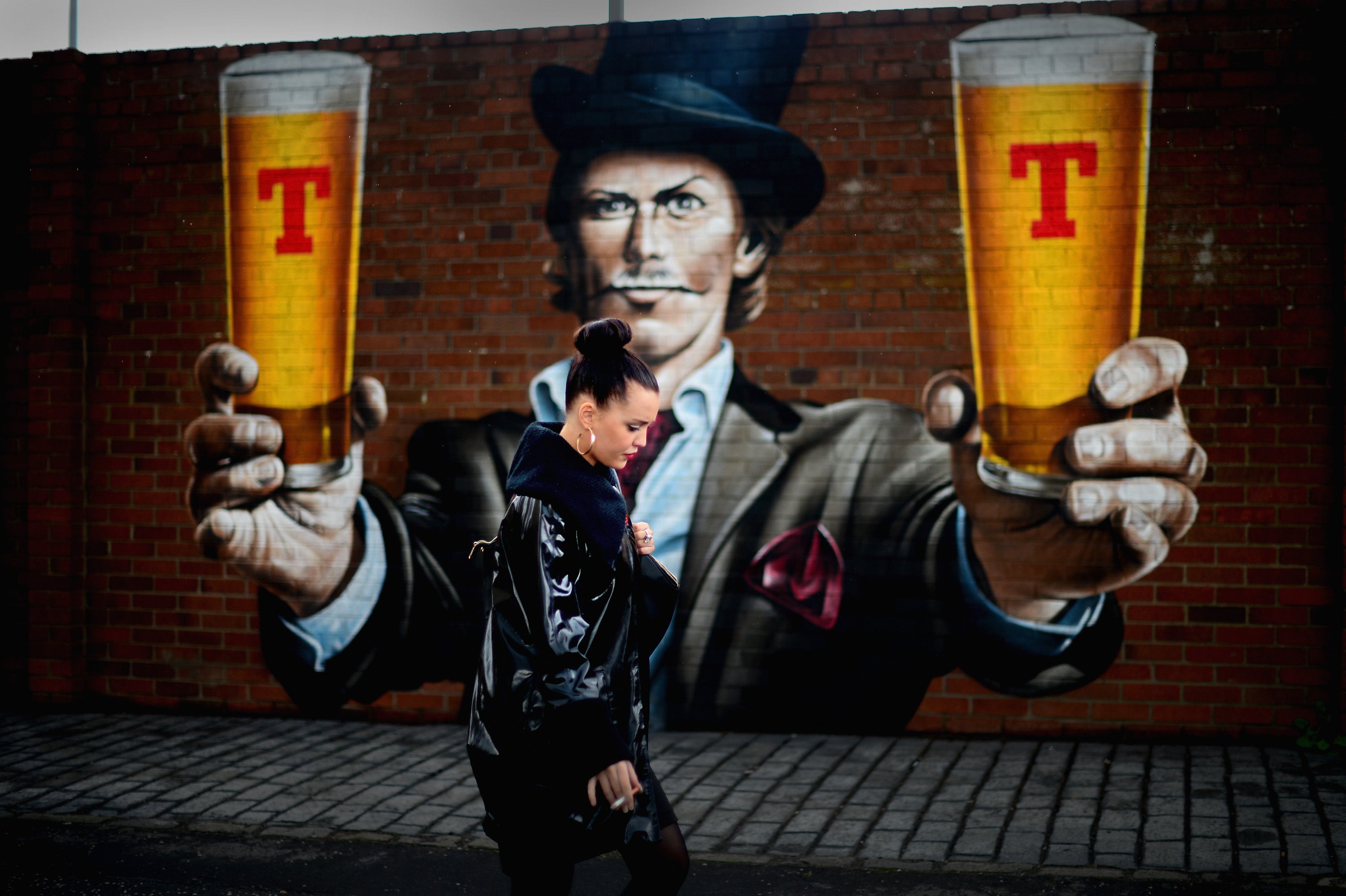Every week of lockdown increases binge drinking, study finds
Of the 2,000 respondents, 89 per cent were white and 70 per cent were females

Every week of lockdown in the United States increased binge drinking among adults, a new study has found.
About 32 per cent of participants reported to researchers at the University of Texas Health Science Center School of Public Health in Dallas they took part in binge drinking during lockdown.
Regular binge drinkers increased their intake, but non-binge drinkers consumed about the same amount of alcohol than before lockdown, the study said.
The odds of heavy alcohol intake among binge drinkers rose an extra 19 per cent for every week of lockdown. However, living with children reduced the odds of turning to alcohol.
The study that examined the relationship between hazardous drinking and life stressed triggered by the pandemic and lockdowns said that the odds of increased alcohol intake overall for binge drinkers was more than “double that of people who did not drink excessively (60 per cent vs 28 per cent), especially those with depression or a history of the disease.”
The findings of the study were based on a survey of nearly 2,000 adults in the US from mid-March to mid-April who were primarily white (89 per cent) and female (69 per cent).
The research was published in the journal American Journal of Drug and Alcohol Abuse. It examined the length of time spent in lockdown, the number of adults or children they were living with, current or previous depression, and job status including decreased pay due to lockdown.
It highlights that during the pandemic, “binge drinkers on average drank four drinks per occasion, compared to two drinks among non-binge drinkers.
“Participants who drank at harmful levels during the pandemic would consume seven drinks maximum on one occasion. This is compared to a maximum of two per session during the pandemic for those who did not,” said the study.
For people at risk of hazardous drinking, the researchers sought strategy and cautioned that otherwise there could be long-lasting health consequences.
“Increased time spent at home is a life stressor that impacts drinking and the Covid-19 pandemic may have exacerbated this stress,” said Sitara Weerakoon, a PhD candidate from the University of Texas.
“Additional research is (also) needed to develop best treatment for people with substance use disorders who may be more susceptible to adverse health outcomes.”
Join our commenting forum
Join thought-provoking conversations, follow other Independent readers and see their replies
Comments


Bookmark popover
Removed from bookmarks